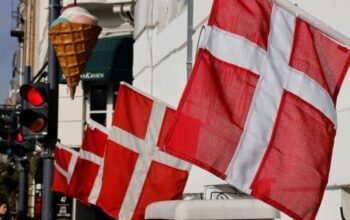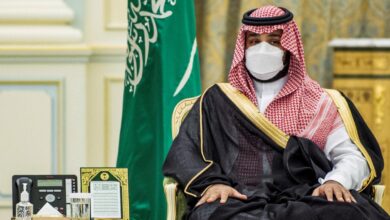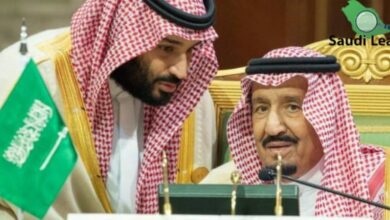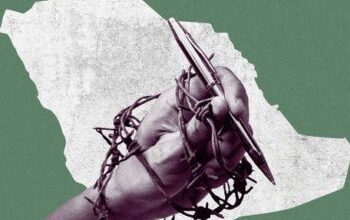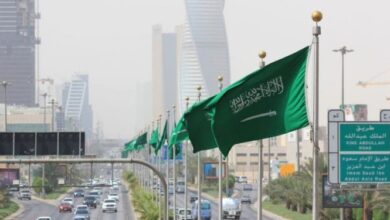Facts about Mohammed bin Salman’s coup against the values of the Kingdom
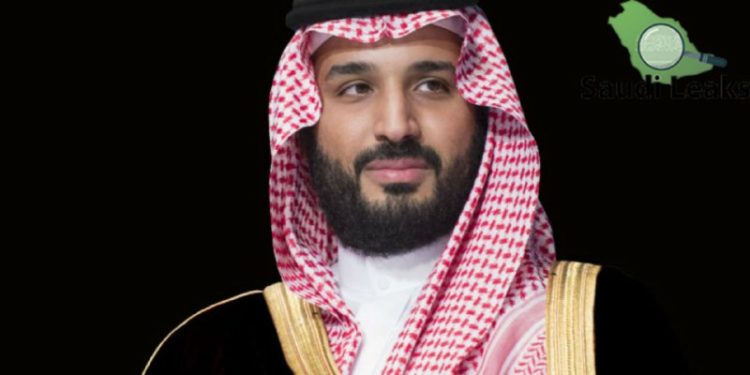
A series of steps imposed by Mohammed bin Salman, an explicit coup against the values of the Kingdom and its conservative character, which has been met with and still criticized by the wide range of citizens are faced with repression and arbitrary arrests.
In April 2016: Bin Salman approved curbing the influence of religious police who were roaming public places to impose strict rules on women’s dress, enforce a ban on alcohol and music, close shops at prayer times, and prevent gender mixing.
In December 2017: Bin Salman ended a 35-year ban on cinemas and plans to open more than 300 other theaters by 2030.
In June 2018: Bin Salman lifted a decades-long ban on women driving, but authorities arrested several women’s rights activists before and after the decision was announced as part of a wider campaign that saw dozens of government critics arrested.
In January 2019, a royal decree was issued allowing music to be played in restaurants as public entertainment venues boomed across the kingdom and the ban on mixing between sexes flourished.
In August 2019, regulatory amendments are passed allowing Saudi women to travel without parental consent and greater control over family affairs, further weakening the guardianship system of a highly criticized man but keeping some of its corners intact.
In October 2019: a new tourist visa regime was adopted that seeks to attract tourists. Determine modest costume rules for visitors, thus ending the requirement that women wear their full costumes. Any foreign man and woman are allowed to share the hotel room without providing proof of their connection.
These coup moves in the Kingdom are part of the policy of bin Salman to win the satisfaction of the West, especially the United States of America, which has worked since he took power to provide the allegiance of allegiance and obedience early to them.
The first precursors of Ibn Salman’s flirtation with the United States began since he became crown prince, with some liberal reform trends and an attempt to reassure the White House on the issue of religious extremism within the Kingdom and the fight against extremism and terrorism, which he repeatedly stressed during his vision 2030.

